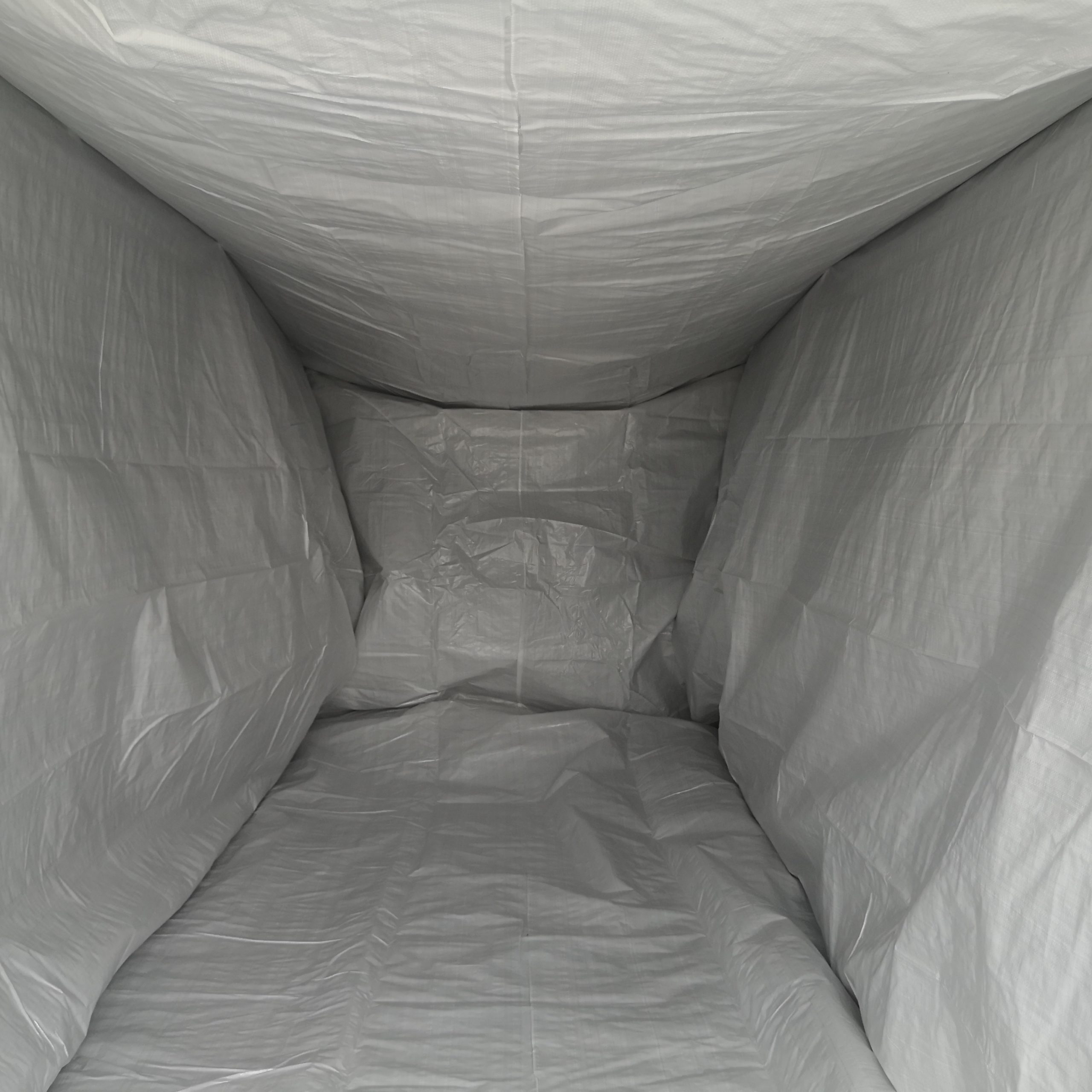Introduction
Shipping goods across the globe involves more than just the transportation of cargo; it's also about ensuring the safety, quality, and integrity of your products during transit. Woven container liners, a product offered by specialized manufacturers, have emerged as a vital solution for safeguarding goods within shipping containers. In this blog, we will explore the significance of woven container liners, their manufacturing process, and their presence in India's logistics landscape.
The Importance of Container Liners
Shipping containers, although efficient for transporting goods, come with their own set of challenges. Goods can be exposed to various risks during transit, including moisture, contamination, and temperature fluctuations. Container liners are designed to address these issues effectively:
Moisture Protection: Woven container liners create a moisture barrier, preventing condensation and humidity from affecting the cargo.
Contamination Prevention: They shield goods from external contaminants, such as dust, pests, or chemical exposure.
Temperature Control: Insulated container liners offer temperature control, maintaining cargo quality by protecting it from extreme heat or cold.
Cargo Security: By concealing the cargo from view, liners add an extra layer of security against theft or tampering.
Container liners Manufacturer Process
Woven container liners are constructed through a meticulous manufacturing process. Here are the key steps involved:
Material Selection: Manufacturers carefully choose materials, such as woven polypropylene fabric, that offer strength, durability, and resistance to moisture and contaminants.
Cutting and Sewing: The selected fabric is cut into panels, which are then expertly sewn together to create the liner's body and structure.
Fitting and Sealing: The liner is designed to fit the specific dimensions of standard shipping containers. It is equipped with closures, such as zippers or tie-downs, to ensure a secure fit.
Quality Control: Stringent quality checks are carried out to ensure that each liner meets the required standards and specifications.
India's rapidly growing trade and logistics industry has led to a greater demand for efficient cargo protection solutions, and container liners have found their place in this landscape. They are widely used in various sectors, including agriculture, chemicals, food, and pharmaceuticals. The benefits of container liners for Indian exporters and importers are manifold:
Food Exports: Container liners play a crucial role in maintaining the quality and hygiene of food products during long sea journeys, making them suitable for India's thriving food export industry.
Bulk Cargo: Industries dealing with bulk commodities, such as grains, seeds, and chemicals, rely on container liners to preserve the quality and integrity of their products.
Pharmaceuticals: Container liners offer protection against moisture and contamination, making them essential for pharmaceutical companies exporting sensitive products.
Sustainability: As India places a greater emphasis on sustainability, manufacturers are producing eco-friendly container liners, aligning with the country's commitment to environmental responsibility.
Conclusion
Woven container liners have emerged as an indispensable asset for ensuring cargo protection, quality, and security during international shipping. With their versatile applications, these liners have become a valuable addition to India's logistics and export industries. As the demand for efficient and sustainable cargo protection solutions continues to grow, container liners are poised to play an even more significant role in India's global trade.

Comments
Post a Comment